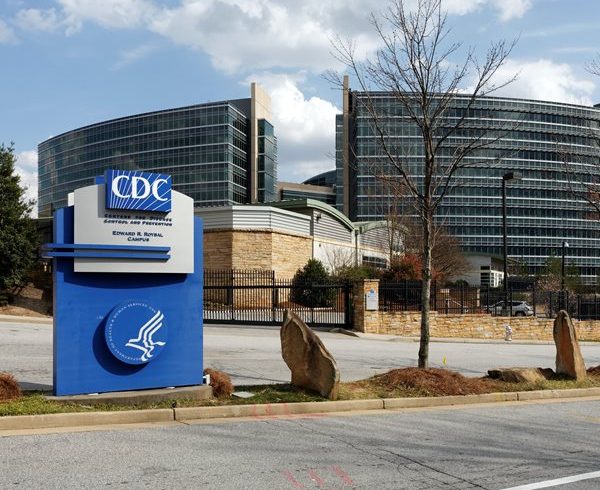According to the Centers for Disease Control and Prevention, more than 1,200 cases have been reported from people who received the messenger RNA COVID-19 vaccinations.
These numbers were presented at a Wednesday meeting by the CDC’s Advisory Committee on Immunization Practices. This committee is weighing the risks of vaccines for heart health. It is expected that the meeting will be extensive and include discussions on heart inflammation, booster shots, and the use mRNA vaccines for adolescents.
According to the CDC, more than 130 million Americans have been fully vaccinated using mRNA shots. There have been very few adverse reactions reported. Moderna Inc., BioNTech SE and Pfizer Inc. have developed two-dose COVID-19 vaccines.
Pfizer’s and BioNTech’s shots were approved for children 12-15 years of age in May. According to the CDC, approximately 2 out 10 adolescents in this age group have been fully vaccinated. The U.S. Health Agency has released initial safety data that is consistent with real-world data from the clinical trials conducted by the companies prior to approval.
At 12:57 p.m. New York trading, shares of Pfizer fell 1.1% and BioNTech shares fell 5.2%. Moderna shares also fell 6.7%.
A few days after receiving the second dose of the vaccine, the risk of developing heart disease in young adults and adolescents aged 12 to 39 is significantly higher than in men. The advisory committee believes that more data is needed to better understand the risk factors and treatment options, as well as long-term outcomes.
The CDC has noticed a rise in myocarditis and pericarditis reports since April. This is an inflammation of the heart’s membrane. These cases, although rare, mostly occurred in young men and teens.
“We are observing this in younger ages, mainly teens and early twenties,” Tom Shimabukuro (a safety expert at CDC’s National Center for Emerging and Zoonotic Infectious Diseases) said at the meeting. This disappears when we reach older age groups.
Rochelle Walensky, Director of CDC, stated Wednesday that mRNA vaccinations have proven successful in preventing severe illnesses and death in young people.
Walensky stated that data presented to the advisory committee meeting at the Milken Institute Future of Health Summit will “overwhelmingly show that the benefits of vaccines far outweigh any risks”












